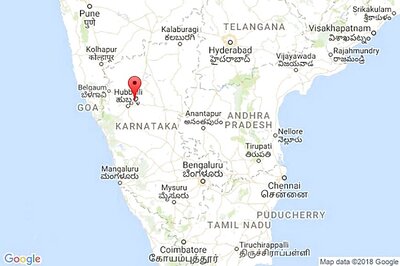
views
If you are facing issues with conceiving a child, chances are you are thinking of consulting gynecologists or urologists. However, you may get referred to a fertility specialist to take a closer look at your diagnosis.
Let us take a look at types of fertility specialists that offer expertise in specific areas:
Reproductive Immunologists
According to Very Well Family, reproductive immunologists combine the knowledge of immunology and reproductive medicine. These specialists may be consulted in cases of recurrent miscarriage, unexplained infertility, or unexplained repeated IVF failure. A reproductive immunologist may also be consulted if one is diagnosed with endometriosis or an autoimmune disease.
Andrologists
Very Well Family defines andrologists as urologists who have completed additional training in male fertility. Andrologists may evaluate and treat male fertility issues alone, or along with a reproductive endocrinologist. They may look further to find the cause for low or absent sperm counts and look for viable options for treatment, if possible.
Reproductive Endocrinologists
You may have to consult a reproductive endocrinologist also known as REs to treat your issues related to fertility. A reproductive endocrinologist is defined as a gynecologist who has additional training in infertility and fertility treatment. These professionals treat both male and female fertility issues, unlike andrologists.
Reproductive Surgeons
Although reproductive endocrinologists also perform surgery, reproductive surgeons are medical professionals with even more training in surgical procedures and may treat patients for issues that go beyond trying to conceive a baby. Reproductive surgeons may have primary training in gynecology or urology.
OB/GYN
OB/GYN is short for obstetrician and gynecologist and probably the first fertility specialist you’ll meet. According to Co Fertility, OB/GYNs are trained to diagnose and treat conditions that are related to fertility concerns in heterosexual couples. These issues can range from polycystic ovarian syndrome to inhospitable mucus in the cervix. Generalists can also provide Clomid and similar ovulation stimulating drugs, which might be just what you need to conceive.
Read all the Latest Lifestyle News here




















Comments
0 comment